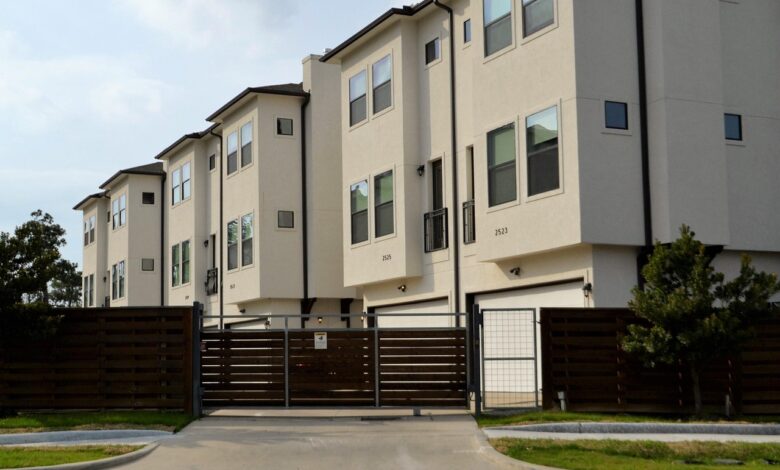Industrial City of Abu Dhabi for Business & Investment

As the capital of the United Arab Emirates, Abu Dhabi is renowned for its oil wealth, iconic architecture, and visionary leadership. However, beyond its glittering skyline and world-class infrastructure lies a significant contributor to the emirate’s economic diversification strategy—the industrial city of Abu Dhabi. Also known as ICAD, this expansive zone has emerged as one of the most strategically important industrial hubs in the Middle East, playing a crucial role in the region’s transformation into a globally competitive manufacturing and logistics center.
Understanding the Industrial City of Abu Dhabi
Situated approximately 30 kilometers from the city center, the industrial city of Abu Dhabi is an integrated economic zone developed and managed by the Higher Corporation for Specialized Economic Zones (ZonesCorp), a part of AD Ports Group. It was established to support Abu Dhabi’s vision of diversifying its economy beyond oil and gas, and to attract local and foreign investment in non-oil sectors.
ICAD is spread across multiple zones—ICAD I, ICAD II, and ICAD III—each serving different industrial sectors and offering advanced infrastructure and facilities for investors, manufacturers, and businesses.
Key Sectors in ICAD
The industrial city of Abu Dhabi supports a broad range of industries that form the backbone of its non-oil economy. These include:
1. Metals and Heavy Industries
ICAD is home to major players in steel, aluminum, and metal fabrication industries. These industries benefit from Abu Dhabi’s access to raw materials, strategic location, and excellent transport links.
2. Engineering and Construction Materials
Manufacturers producing cement, glass, ceramics, and pre-cast building materials have found a thriving base within ICAD. These businesses not only support local construction but also export products across the GCC and Africa.
3. Oil & Gas Services
While the goal is diversification, ICAD still plays a supporting role in the oil and gas sector, housing companies that manufacture equipment, provide logistics, and offer maintenance solutions.
4. Food and Beverages
ICAD has dedicated space for agro-industrial and food production units. These include meat processing, packaging, cold storage, and beverage manufacturing operations—helping strengthen the UAE’s food security agenda.
5. Pharmaceuticals and Chemicals
The chemical and pharmaceutical segments are growing steadily, supported by policies that encourage innovation and local production in the health sector.
Advantages of Investing in ICAD
Businesses investing in the industrial city of Abu Dhabi enjoy a variety of strategic advantages that enhance efficiency, profitability, and global competitiveness:
Strategic Location
ICAD’s proximity to Khalifa Port, Abu Dhabi International Airport, and major highways ensures fast and efficient logistics, both domestically and internationally.
World-Class Infrastructure
Each zone within ICAD is equipped with state-of-the-art infrastructure including roads, utilities, telecommunication, and industrial-grade facilities tailored to specific industries.
Competitive Leasing and Operational Costs
Compared to other regional hubs, ICAD offers cost-effective land lease rates and favorable terms for businesses looking to establish long-term operations.
Investor-Friendly Policies
The UAE government and ZonesCorp provide a supportive regulatory environment, fast-track licensing, and access to a skilled workforce, including labor accommodation facilities near industrial sites.
Sustainable Development and Innovation
Sustainability is a key pillar of Abu Dhabi’s industrial development strategy. ICAD is designed to ensure minimal environmental impact while promoting the adoption of green technologies and energy-efficient solutions. Businesses operating in the industrial city of Abu Dhabi are encouraged to comply with environmental standards and innovate for a low-carbon economy.
In recent years, renewable energy initiatives and circular economy models have been introduced within the zone to reduce waste and support resource efficiency.
Role in the UAE’s Vision 2030
The industrial city of Abu Dhabi is central to achieving the goals set by the UAE Vision 2030—especially the objectives related to economic diversification, job creation, and sustainable development. It is not just a manufacturing base but also a growth engine that supports national strategies, such as “Operation 300bn,” which aims to increase the contribution of the industrial sector to the UAE’s GDP to AED 300 billion by 2031.
As part of this broader agenda, ICAD continues to attract global partnerships, foreign direct investment, and large-scale industrial projects across various verticals.
Job Creation and Socioeconomic Impact
One of the most significant contributions of ICAD is its impact on employment. Thousands of job opportunities have been created across skill levels—from laborers and technicians to engineers and managers. By integrating local talent development and training programs, the industrial city of Abu Dhabi also promotes Emiratization and supports inclusive economic growth.
Future Outlook
As global supply chains shift and regional trade expands, ICAD is poised to become even more critical. Expansion projects, digital transformation, and smart manufacturing initiatives are already underway to future-proof the zone and position it as a fourth industrial revolution leader in the MENA region.
With ongoing investments in infrastructure, technology, and human capital, the future of the industrial city of Abu Dhabi looks exceptionally promising—not just for the UAE, but for the global industrial community.
Conclusion
The industrial city of Abu Dhabi is more than just a cluster of factories and warehouses. It represents the forward-thinking vision of a nation preparing for a sustainable and diversified future. By offering a unique blend of strategic advantages, cutting-edge infrastructure, and policy support, ICAD has solidified its position as one of the most attractive industrial zones in the region.


